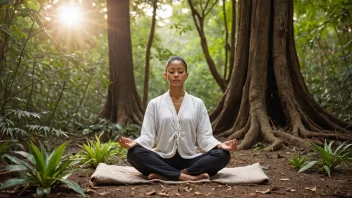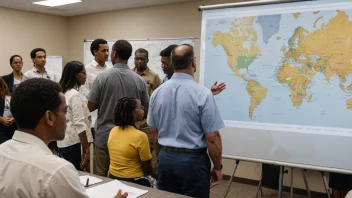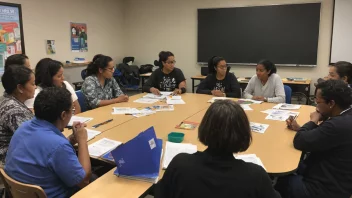As urban populations continue to grow, the challenge of fostering sustainable living in cities becomes increasingly important. Urban environments often face unique challenges, including pollution, resource depletion, and social inequity. This article explores how collective action and community involvement can promote sustainable practices in urban settings, encouraging residents to take part in the movement towards a greener future.
The first step towards sustainable living is awareness. Residents must understand the implications of their daily activities on the environment. Community workshops and educational events can serve as platforms to disseminate valuable information about sustainability. Topics can include waste reduction, energy conservation, and the importance of local biodiversity. By increasing awareness, communities can empower individuals to make informed decisions that benefit both themselves and the environment.
Promoting waste reduction is an essential aspect of urban sustainability. Communities can establish local recycling programs, composting initiatives, and zero-waste challenges that encourage residents to minimize their waste output. Engaging local businesses in these efforts can further amplify the message, as they can adopt sustainable practices and influence consumer behavior. Community-led clean-up events can also inspire residents to take responsibility for their local environment, fostering a sense of pride and ownership.
Transportation is another area where community action can lead to significant improvements. By advocating for the development of public transit systems, bike lanes, and pedestrian-friendly infrastructure, residents can contribute to reducing traffic congestion and lowering carbon emissions. Carpool initiatives or community rideshare programs can also help individuals decrease their reliance on personal vehicles, promoting a more sustainable urban mobility model.
Creating and maintaining green spaces is vital for promoting biodiversity and enhancing the overall quality of life in urban areas. Community gardens, parks, and green roofs can provide residents with access to nature while also serving as spaces for social interaction and education. Residents can collaborate with local governments to establish these green initiatives, ensuring that they are integrated into urban planning. Additionally, urban agriculture can provide fresh produce and contribute to food security, fostering a sense of community and self-sufficiency.
Energy efficiency should be a priority for urban residents. By adopting energy-saving technologies and practices, individuals can significantly reduce their energy consumption. Communities can organize energy efficiency campaigns that encourage residents to conduct energy audits, install energy-efficient appliances, and consider renewable energy alternatives. By sharing resources and knowledge, communities can collectively lower their energy bills while promoting sustainable living.
In conclusion, sustainable living in urban environments can be achieved through community action and collaboration. By fostering awareness, promoting waste reduction, improving transportation options, creating green spaces, and prioritizing energy efficiency, urban residents can make meaningful contributions to sustainability. When individuals come together to advocate for these practices, they not only enhance their local environments but also inspire a global movement towards a more sustainable future.
Sustainable Cities: The Role of Community Action
Explore how community action can foster sustainable living in urban environments and inspire collective efforts for a greener future.






